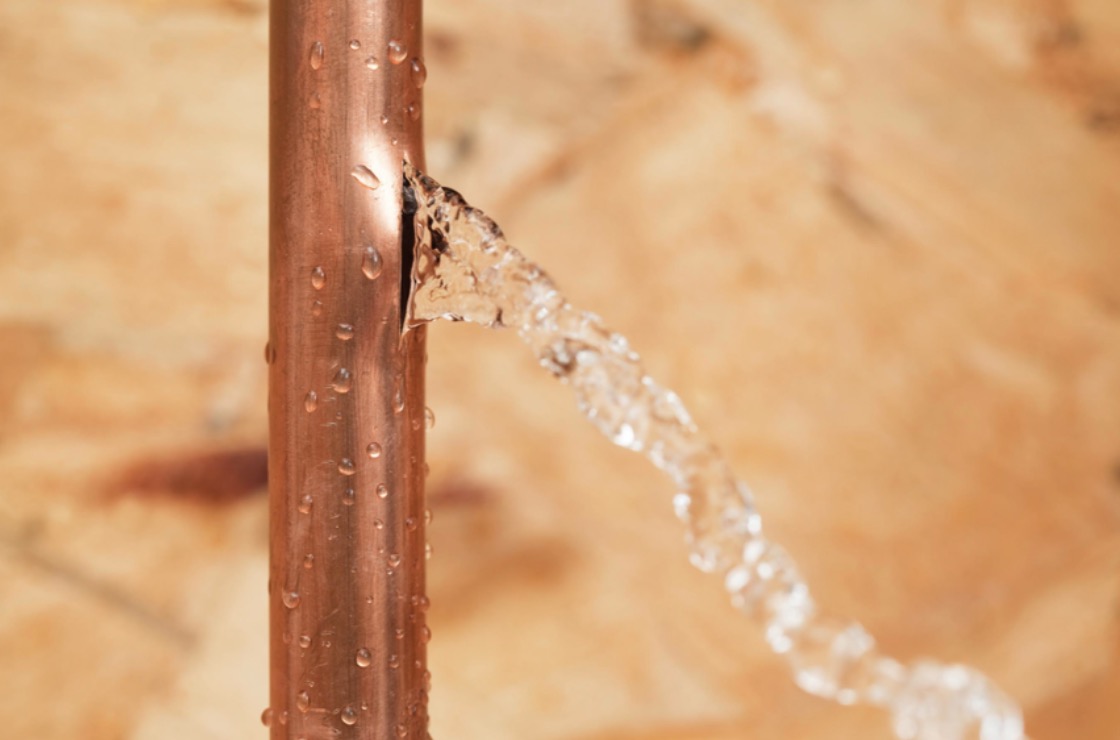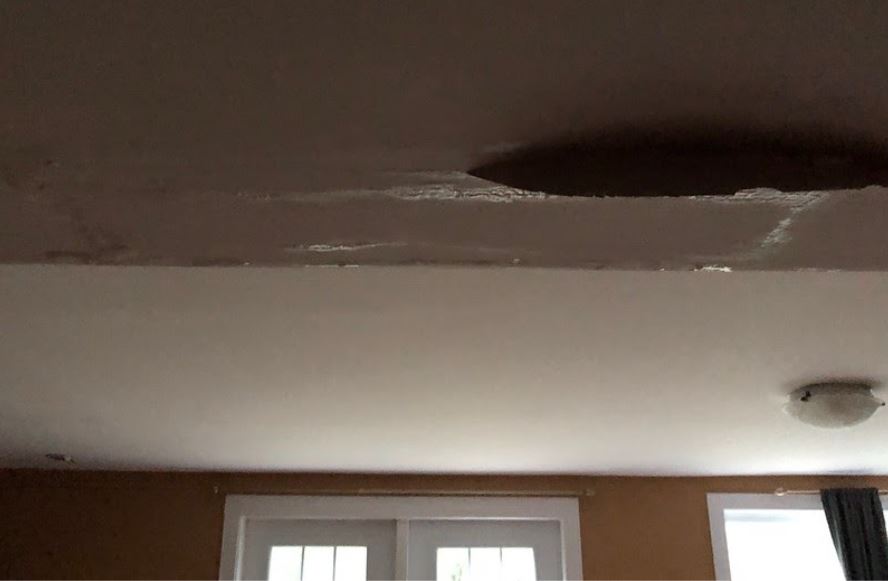Familiarize Yourself With 6 Most Factors Behind Water Seepage Within Your Home
Familiarize Yourself With 6 Most Factors Behind Water Seepage Within Your Home
Blog Article
What're your opinions with regards to How Fast Water Damage Can Ruin Your Home?

Leakages not only create waste of water yet can likewise cause unnecessary damages to your home and also promote unwanted natural growth. By recognizing and looking for daily scenarios that create leaks, you can secure your residence from future leakages and unnecessary damage.
Immediate temperature level adjustments.
Severe temperature level changes in our pipelines can trigger them to increase and also acquire suddenly. This growth and tightening may trigger fractures in the pipes, especially if the temperature level are below cold.
Corroded water supply
As time passes by, your plumbing system ages and also rust such as corrosion may begin gnawing the pipelines. This might be the reason for discoloration or warping on your water pipes. This calls for an inspection with your plumber immediately. Consider changing the pipelines since they are at a greater threat of deterioration than the more recent versions if our plumbing system is old.
Malfunctioning Pipe Joints
The point at which your pipes connect is regularly the weakest link in the waterline. Pipeline joints can wear away with time, causing water leakages. Sadly, the majority of pipeline joints are not quickly visible. If you have loud pipes that make ticking or banging sounds, especially when the warm water is activated, your pipeline joints are most likely under a great deal of pressure. It is suggested to have your plumber examine your system once a year.
Encroaching origins
A lot of water leaks begin outside the house as opposed to inside it. If you notice an abrupt decline in water pressure, state in your tap, take time to head out and analyze your backyard. You may see wet spots or sinkholes in your yard, and that could imply that tree origins are attacking water lines triggering water to permeate out. You can have your plumber check for invasion, specifically if you have trees or bushes near your residential property.
Poor Water Connectors
At times, a leakage can be caused by loosened hose pipes and also pipelines that provide your appliances. In instance of a water connections leakage, you may observe water running straight from the supply line or puddles around your home appliances.
Obstructed Drains
Clogged drains may be bothersome and also inconveniencing, but they can in some cases end up triggering an overflow causing rupture pipelines. Maintain getting rid of any kind of materials that might go down your drains that could clog them to stay clear of such hassles.
All the above are sources of leakages however not all water leakages arise from plumbing leaks; some leaks may originate from roofing leakages. All leakages ought to be repaired promptly to stay clear of water damage.
Leakages not only trigger waste of water but can additionally trigger unneeded damages to your house and promote unwanted organic growth. By looking and understanding for everyday scenarios that create leaks, you can safeguard your home from future leaks and also unneeded damage. Today, we will certainly look at 6 leak causes that might be triggering your pipes to trickle.
At times, a leak can be caused by loosened hose pipes and also pipelines that supply your devices. In case of a water connections leak, you might observe water running directly from the supply line or pools around your appliances.
How To Check For Water Leak In Your Home
How To Check for Leaks
The average household's leaks can account for nearly 10,000 gallons of water wasted every year and ten percent of homes have leaks that waste 90 gallons or more per day. Common types of leaks found in the home are worn toilet flappers, dripping faucets, and other leaking valves. These types of leaks are often easy to fix, requiring only a few tools and hardware that can pay for themselves in water savings. Fixing easily corrected household water leaks can save homeowners about 10 percent on their water bills.
To check for leaks in your home, you first need to determine whether you're wasting water and then identify the source of the leak. Here are some tips for finding leaks:
Take a look at your water usage during a colder month, such as January or February. If a family of four exceeds 12,000 gallons per month, there are serious leaks.
Check your water meter before and after a two-hour period when no water is being used. If the meter changes at all, you probably have a leak.
Identify toilet leaks by placing a drop of food coloring in the toilet tank. If any color shows up in the bowl after 10 minutes, you have a leak. (Be sure to flush immediately after the experiment to avoid staining the tank.)
Examine faucet gaskets and pipe fittings for any water on the outside of the pipe to check for surface leaks.
Undetected water leaks can happen without the home or business owner even realizing. If you suspect a water leak, but not able to find the source. It is time to contact a professional water leak detection service, The Leak Doctor.
How To Find a Water Leak In Your Home
https://www.leakdoctor.com/blog/How-To-Check-For-Water-Leak-In-Your-Home_AE197.html

We had been made aware of that editorial on Most Common Causes of Leaky Pipes from a good friend on our other domain. Do you know about another individual who is excited about the topic? Why not share it. Many thanks for taking the time to read it.
Expert care? Call. Report this page